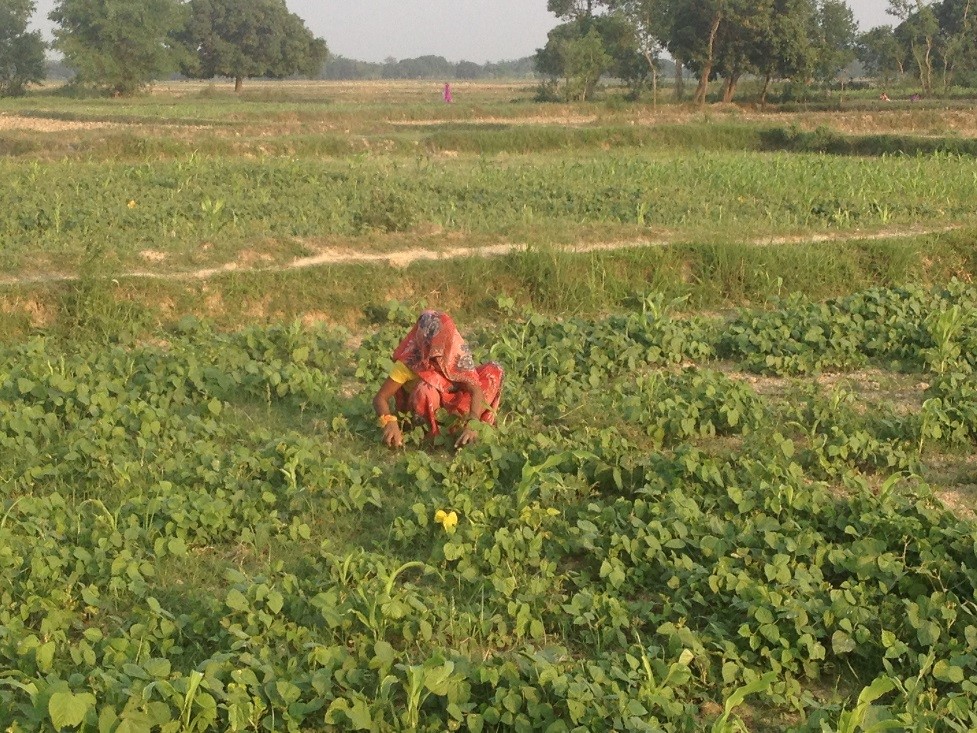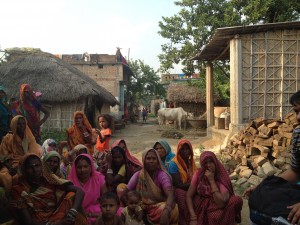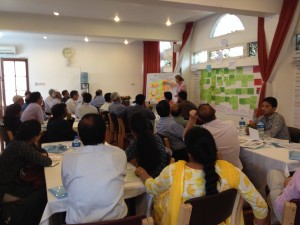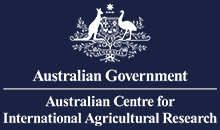The selection of trial sites to pilot interventions should be driven by an analysis of the social and biophysical context of the site.
We are required to commence our field trials in the coming Rabi season. The plan is for Partners to present the trial sites that have been selected in each village at the project meetings on 9th and 10th September 2015. This will include information on the technical interventions chosen and the social and biophysical context of each site.
The attached document (click on link below) provides general considerations regarding intervention and site selection. Three important processes necessary in site selection are outlined and a range of institutional and technical interventions are described.
[Article: Intervention-site-selection-procedure-26 June 2015]









